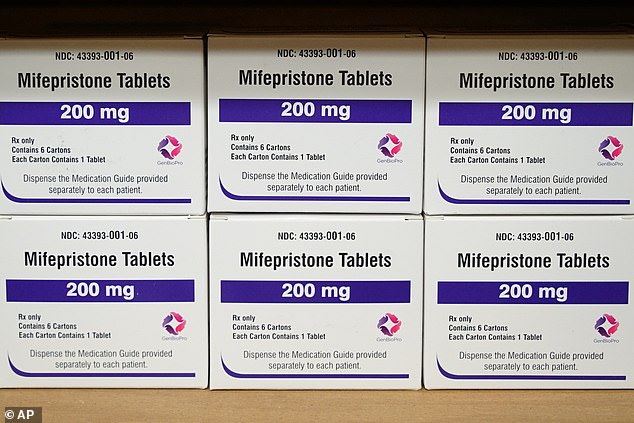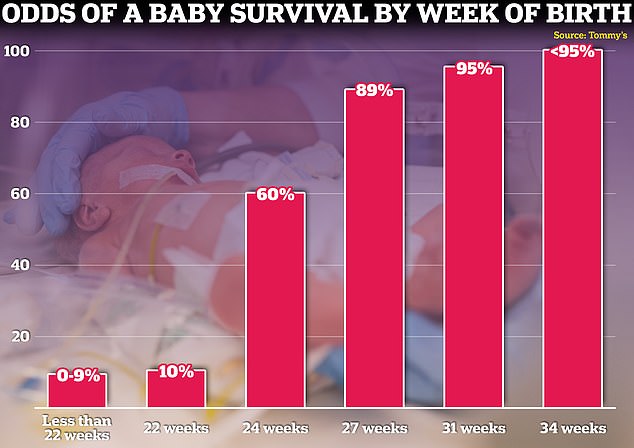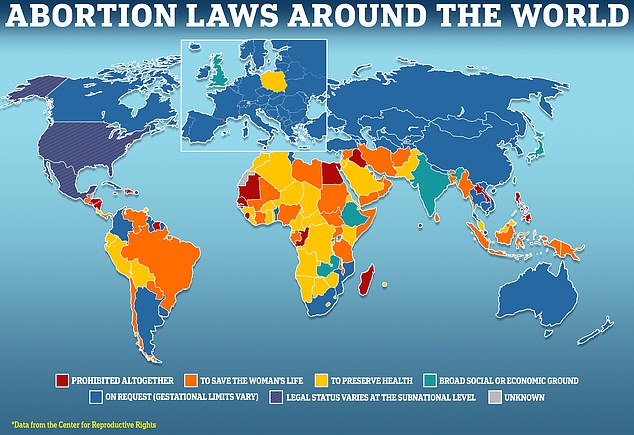Doctors are calling for a change in the law to allow home abortions after three months of pregnancy, following new evidence showing their safety.
Research published in the medical journal The Lancet found that women who had abortions at home after 12 weeks spent less time in hospital and needed fewer overnight stays compared to women who had abortions in clinics.
Currently, the World Health Organization recommends that women only perform self-managed medical abortions before 12 weeks of gestation.
In England and Wales, medical abortions, where women take two pills at home, are permitted up to 10 weeks under the “pills by mail” scheme.
Abortion providers called for “urgent” change, adding that it was “worrying” that the research, conducted in Sweden, could not be carried out in the UK under current law, the Times reported.
Research published in the medical journal The Lancet found that women who had an abortion at home after 12 weeks spent less time in hospital and needed fewer overnight stays.

Mifepristone is one of two drugs that are part of the ‘pills by mail’ service that allows women to terminate early pregnancies at home.
In it study435 women who were between 12 and 22 weeks pregnant (five months) were given mifepristone in a clinic, which is the first drug used to perform an abortion.
Half of the women took the second pill, misoprostol, at home. Two hours later, they went to the clinic so doctors could check that the abortion was complete.
The other half attended a clinic to receive both drugs and remained there the entire time.
Researchers found that 71 percent of patients who took the second pill at home spent less than nine hours in the hospital and did not need to stay overnight.
However, 46 percent of those who took the second pill in hospital spent more than nine hours in the clinic.

Babies born before 37 weeks are considered premature. Their chances of survival vary greatly depending on how early they are born, but medical advances mean that those born at 34 weeks or later have the same chance of life as a full-term baby.

Access to abortion varies around the world: some countries allow full access, although gestational limits still apply. Others only allow abortions for medical reasons or ban them altogether. The UK is considered an outlier in Europe, as it only allows abortions for health and economic reasons, while most of its neighbours are more flexible. Access to abortion in the US has recently undergone a sea change and now varies widely on a state-by-state level.
The study found no differences between the two groups in mean pain score, number of side effects, or rates of early hospital admission.
Most women also preferred to take the pill at home, the study found.
“Currently, most abortions after 12 weeks of pregnancy are performed in hospitals and may require an overnight stay, which some women find stressful and isolating,” said Dr Johanna Rydelius, an author of the study from the University of Gothenburg.
He added that offering the option of taking the medication at home “offers a safe and effective alternative.”
In the UK, women can legally request an abortion up to 24 weeks into their pregnancy, but doctors decide whether or not to grant it.
Under the Abortion Act 1967, terminations of pregnancy are permitted for reasons of physical or mental health, as well as for financial reasons, such as inability to care for a child.
In the UK, there is no access to abortion on demand. A woman cannot terminate a pregnancy without reason, she must have a reason.
Abortions can still be performed after the 24-week limit, but only in very strict circumstances.
These include whether the mother’s life is at risk during pregnancy or whether the child is born with a severe disability.
Before 10 weeks, abortion can be performed at home without using medication. After this period, the procedure must be performed in a specialized clinic.
The “pills by mail” program, which began in 2020, is an at-home abortion procedure for pregnancies less than 10 weeks. It consists of two medications, mifepristone and misoprostol, taken at least 24 hours apart.
Women first take mifepristone. The pill prevents progesterone, a hormone needed to maintain pregnancy, from working.
The second, misoprostol, contains a hormone called prostaglandin that causes the uterus to contract, triggering the abortion.
Under pre-pandemic rules, however, women took the first pill at an abortion clinic or hospital under a doctor’s supervision. They could then take the second pill at home up to 48 hours later.
Dr Patricia Lohr, director of research and innovation at the British Pregnancy Advisory Service, told The Times: ‘Women prefer to have more choice and control over their abortion.
“But what is most worrying for us is that the study could never have been carried out in the UK.”
“The law must change and it must change urgently,” he added.

